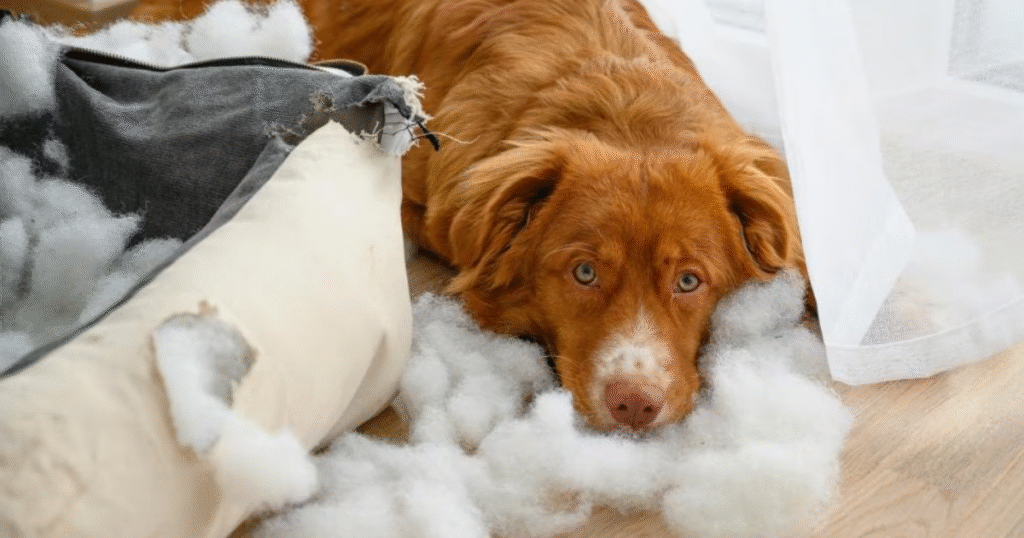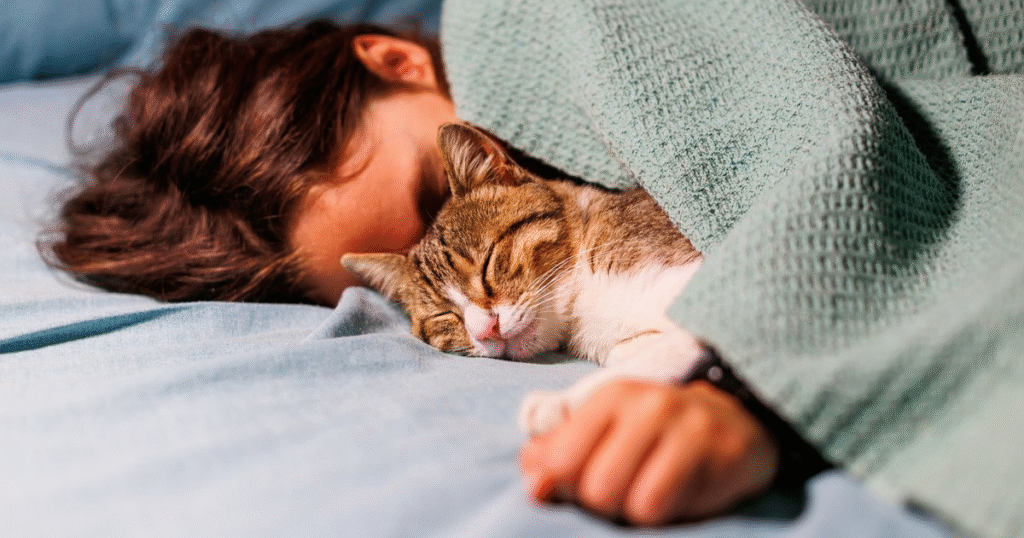An Introduction
One of the most important things your pet wishes you knew is that they are always trying to communicate with you—even if they don’t speak your language. Animals interact constantly through their actions, expressions, and habits. Sadly, many pet owners overlook or misunderstand these subtle signals. Below are eight meaningful things your pet wishes you knew that can help you better understand their feelings, needs, and well-being.

1. “I Don’t Misbehave—I Am Bored.”
Destructive behaviors like chewing furniture or excessive barking are usually signs of boredom, not defiance. One of the things your pet wishes you knew is that they crave mental engagement. Try puzzle toys, scent walks, or regular interactive play sessions to prevent unwanted behaviors and keep their minds active.
2. “My Tail Doesn’t Always Mean Happy.”
Not every tail wag signals joy. A fast, stiff wag often means stress or discomfort. Other signs of unease include tucked tails, lip licking, and pinned-back ears. One of the things your pet wishes you knew is how to read their body language to avoid miscommunication and keep them safe.
Related: Discover the Top 5 Ways to Use Coconut Oil for Dogs’ Health and Happiness
3. One of the Things Your Pet Wishes You Knew: They Often Hide Pain
Animals—especially cats—hide pain instinctively. If your pet avoids stairs, eats less, or sleeps more than usual, it could be more than aging. Subtle changes often signal underlying health issues. Understanding this is one of the things your pet wishes you knew so you can act early and consult a vet when needed.
4. Routine Makes Me Feel Safe
A consistent daily routine helps pets feel secure. Feeding, walks, and bedtime should happen at roughly the same time every day. Among the things your pet wishes you knew is how much they depend on structure to reduce anxiety and feel comforted.

5. Sometimes I Just Want to Be Near You
Love isn’t always loud. Pets often express affection simply by being near you—following you around or leaning gently against you. This quiet companionship is one of the things your pet wishes you knew and is a powerful form of bonding.
6. Another Thing Your Pet Wishes You Knew: They Hate Being Alone
Separation anxiety is real. Barking, destruction, or clinginess after your return may indicate your pet struggles with being alone. To help, try soothing music, enrichment toys, or a midday pet sitter. This is one of the most overlooked things your pet wishes you knew.
Related: 5 Powerful Ways to Bond With Your Dog and Build an Unbreakable Relationship
7. Sometimes I Need My Own Space
All pets need downtime. If your dog or cat walks away or hides when approached, respect their space. One of the things your pet wishes you knew is that this doesn’t mean they love you less—it means they trust you enough to seek peace around you.

8. I Love You – Even When I Steal Your Stuff
If your pet naps on your clothes or steals socks, they’re likely finding comfort in your scent. This behavior is one of the things your pet wishes you knew to be affectionate, not naughty. Offer safe alternatives like a blanket or toy with your scent.
Conclusion
Your pet may not speak, but they’re always communicating. Learning the things your pet wishes you knew—from body language to behavior—makes you a more responsive and caring owner. When you truly start “listening” to them, you’ll create a stronger, lifelong bond built on trust and understanding.
Frequently Asked Questions (FAQs)
Q1: How do I tell if my pet is hurt when it can’t visibly show the pain?
A: Watch for changes like limping, avoiding stairs, or eating less. One of the things your pet wishes you knew is that they often hide discomfort. Always trust your instincts and consult a vet.
Q2: What is the best way to mentally stimulate my pet?
A: Puzzle toys, training, scent games, and rotating play items keep your pet mentally active and prevent boredom.
Q3: How do I create a good routine for my pet?
A: Stick to regular times for meals, play, and sleep—even on weekends. Routine is one of the things your pet wishes you knew that helps them feel safe.
Q4: What are the typical signs of anxiety in pets while being left alone?
A: Barking, destruction, pacing, or excessive licking. Help by offering calming tools, toys, or arranging daytime companionship.
Q5: Why does my dog steal my clothes or shoes?
A: Your scent provides comfort. One of the things your pet wishes you knew is that they do this to feel close to you.